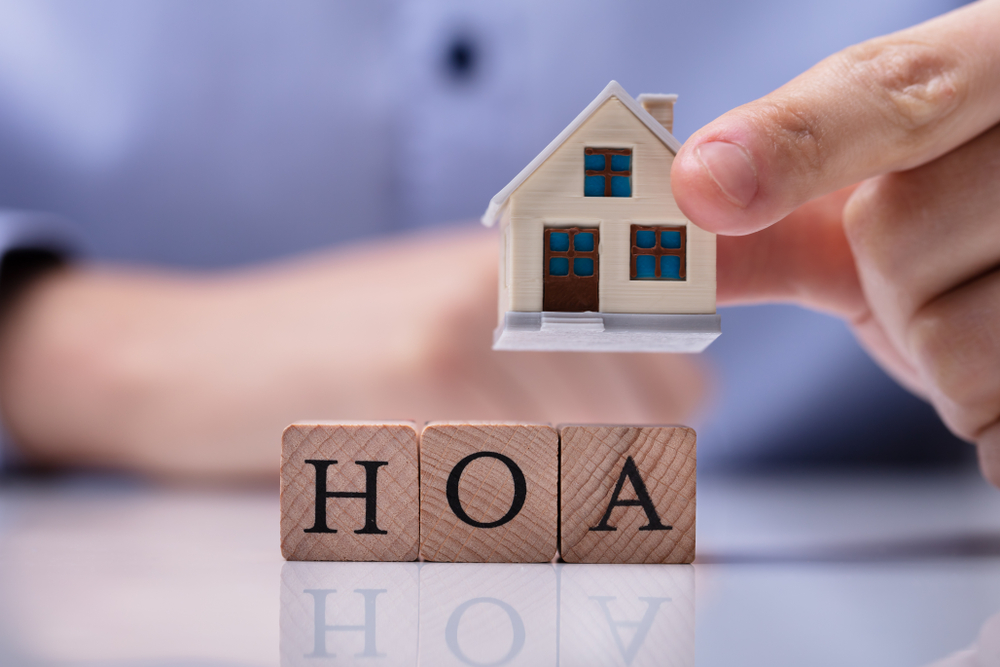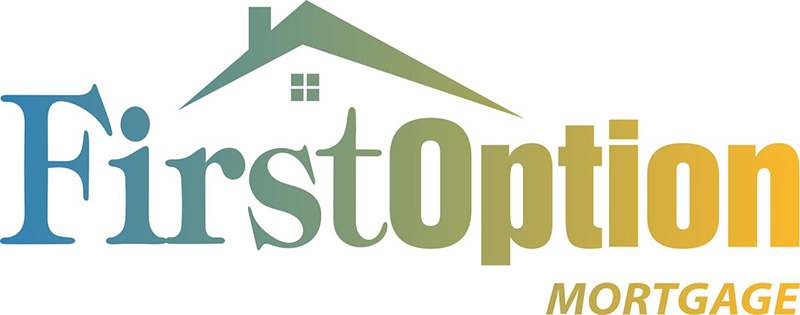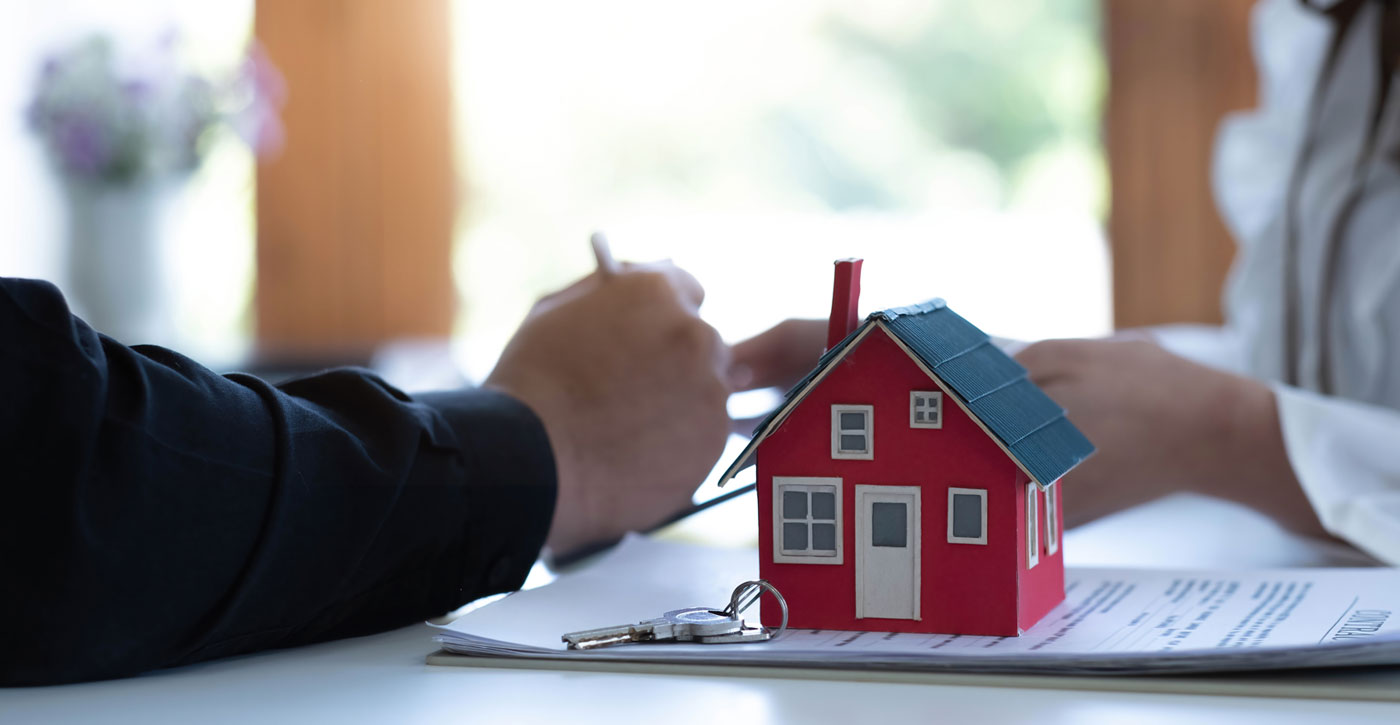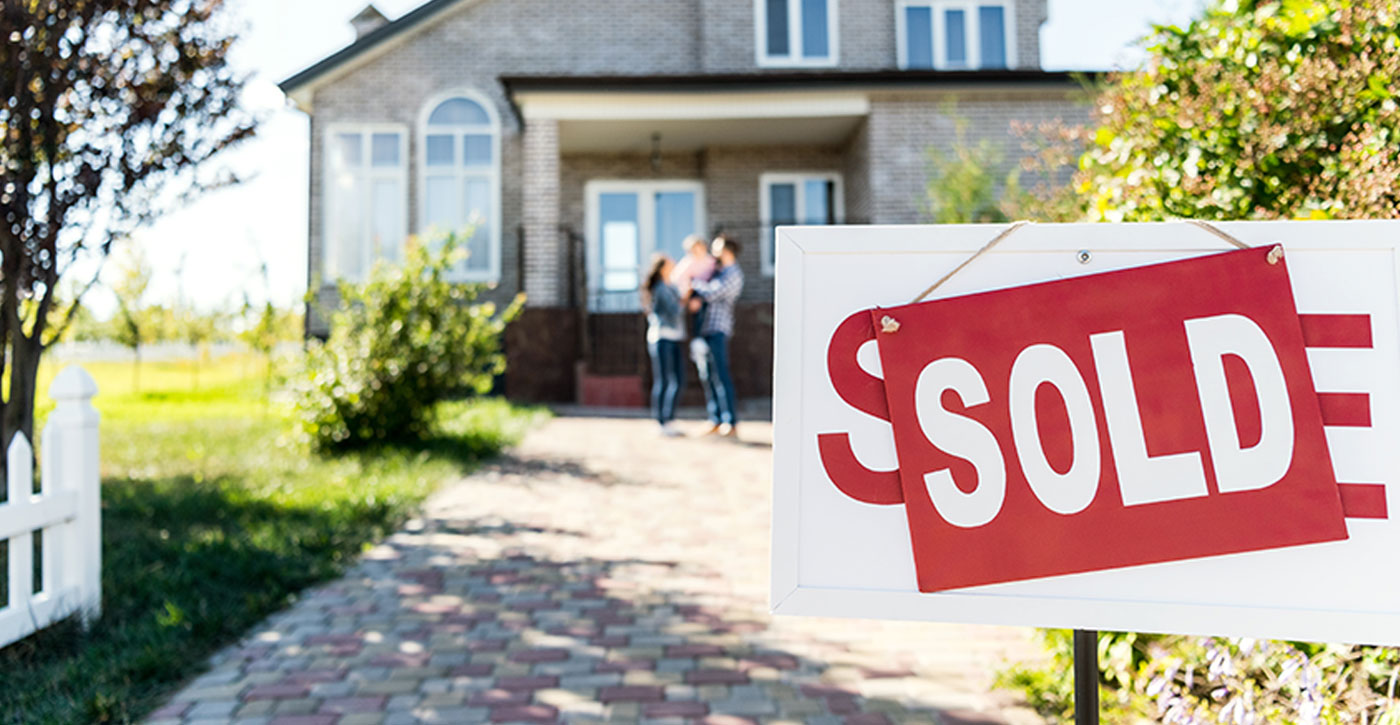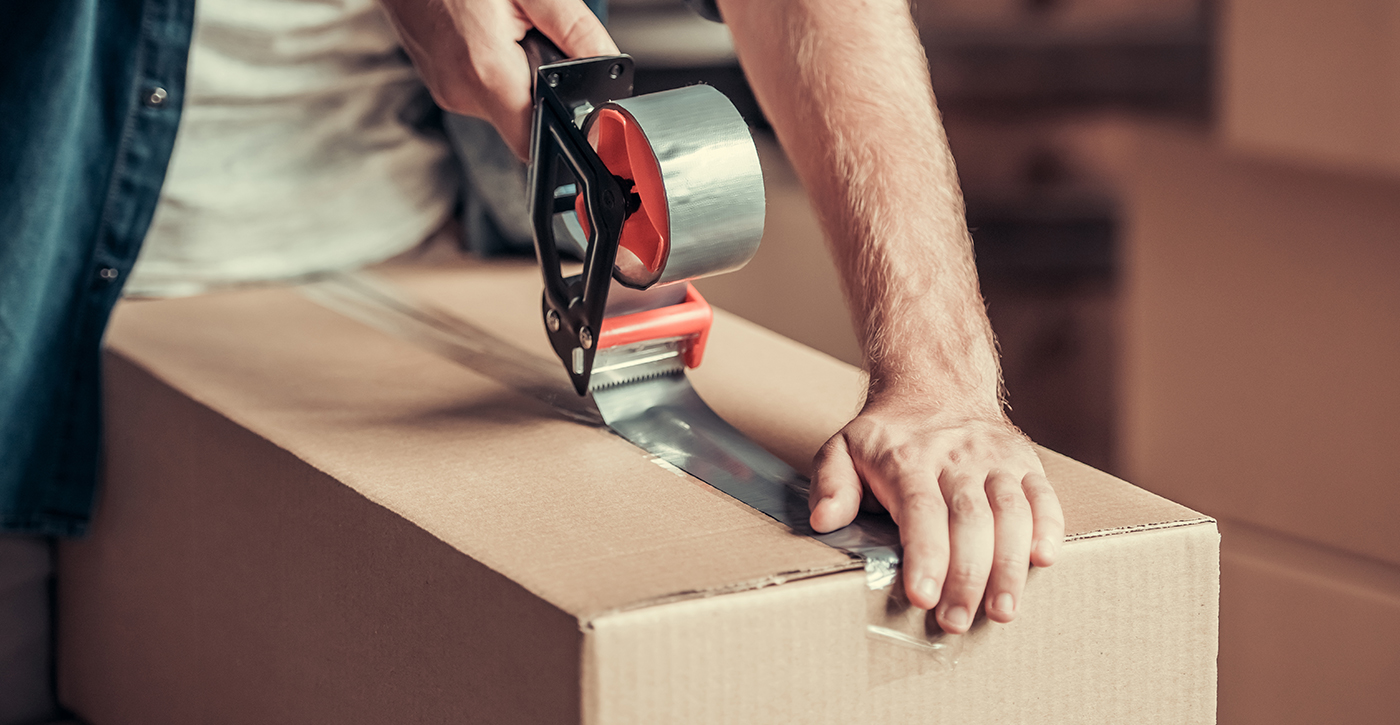With so many mortgage options available, many Americans are considering swapping their monthly rent payment for a monthly mortgage payment.
There are some major benefits to owning a home. Some of these benefits include holding equity in your home, being able to renovate whenever you want, and having more space inside the house than you would in an apartment.
The benefits of owning a home can result in a long-term win, but it’s still important to understand the costs of owning a home so you don’t drown in payments. It can be easy to only focus on the amount of your mortgage, but the other costs involved are important to keep in mind as well. This post will go over the costs of owning a home so you can be prepared when the time comes for you to find a home.
Initial Costs and One-Time Expenses
Most people spend years saving for their down payment. This kind of payment is a one-time expense and one of the first expenses involved in homeownership.
Homebuyers who don’t want to wait to save for their down payment can also check out some available low down payment options here.
When it’s time to close on your home loan, there are other one-time expenses like:
- Origination fee
- Underwriting fee
- Appraisal fee
- Credit report fee
Your closing costs will be given to you before you go to the signing table. Overall, be ready to pay your down payment and these closing costs before the house officially becomes yours.
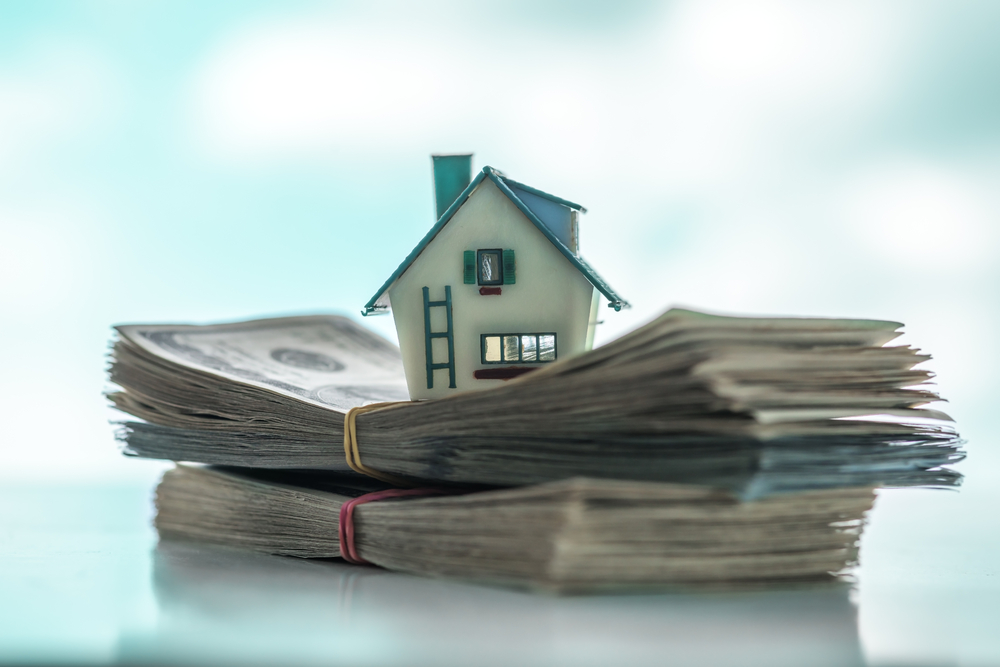
Similar Expenses with Different Values
Renters are used to paying rent, utilities, insurance, etc. Homeowners continue to pay utilities and insurance, but you can expect to pay more money for the following areas:
Utilities: Houses are usually bigger than apartments. Because of this, there is a good chance your electric, gas, and water bill will be higher than before. Your real estate agent can give you an estimate of what your monthly costs will be if you want one.
Insurance: Homeowner’s insurance covers way more than standard renter’s insurance. Homeowners insurance is usually ten times the amount of renters insurance because it covers the dwelling and the cost of repairs/replacement of your home. To learn more about homeowner’s insurance, click here.
Mortgage: Rent usually increases at some point, but mortgage payments can increase too, sometimes at a higher rate than rent. If you choose a fixed-rate loan, your interest rate stays the same for the entirety of the loan. If you have an adjustable-rate mortgage (ARM), then your monthly payments can change over time.
If home insurance and property taxes are included in your mortgage payment, these amounts can also change based on changes in the amounts owed year after year. A good example of this is if your home appraises at a higher rate, your property taxes will increase.
New Experiences and New Expenses
Another benefit of a house is the yard it comes with, but yardwork tends to come with more expenses. When looking at the costs of owning a house, don’t forget about the following:
Repairs: The cost of a repair can vary. If it’s a clogged pipe, it’ll be less. If you’re replacing a roof, it’ll be more. Some repairs will need a professional, and some you can fix on your own. Being able to choose who fixes your house is another perk of homeownership because you can choose the best price and best quality.
Maintenance: It’s your job to keep your home in good shape. To keep up with maintenance, you may need to purchase equipment like a lawn mower, water hose, and ladder.
Renovations: Unless your home was newly built, you’ll probably want to make your house your own. There are all kinds of improvements you could make. Maybe you swap out the carpet for hardwood flooring or change the paint on the walls. Maybe you remodel your kitchen or bathroom. Whatever you choose, a renovation budget and timeline can help you decide how much money you’ll need for your purchase and what you can budget for the future.
Property taxes: Property taxes are typically overlooked as an expense. These taxes are levied on real estate by the government and are usually based on the value of your house and local services. Oftentimes they are wrapped into your monthly mortgage payments.
HOA: A Homeowners Association (HOA) isn’t in every neighborhood, but many have one. Ask your realtor if your neighborhood has an HOA. If there is one, you’ll pay an annual fee to cover maintenance for general spaces like entrances and the pool if one is in your neighborhood. The listing agent can tell you how much current HOA fees will cost you.
